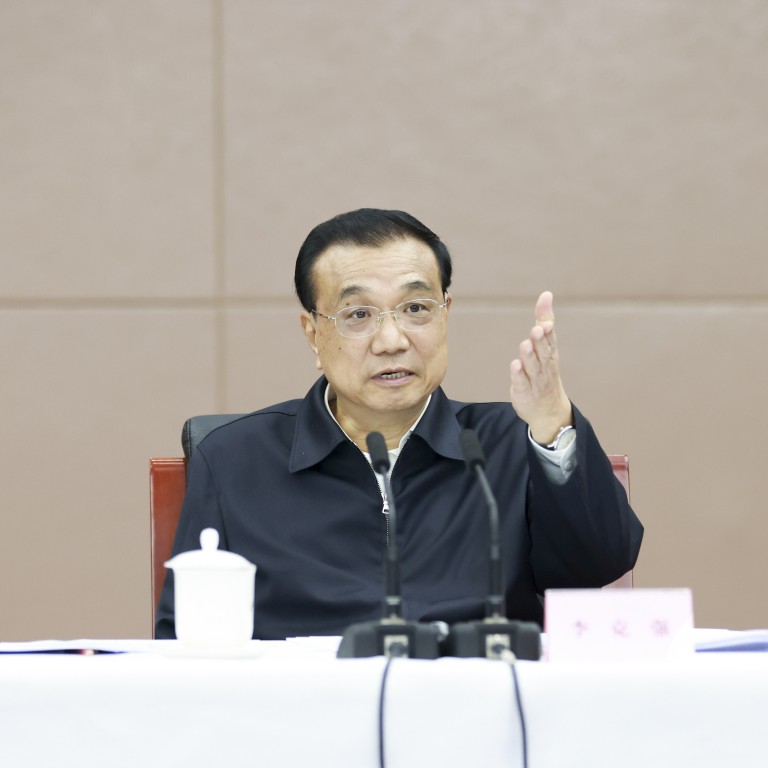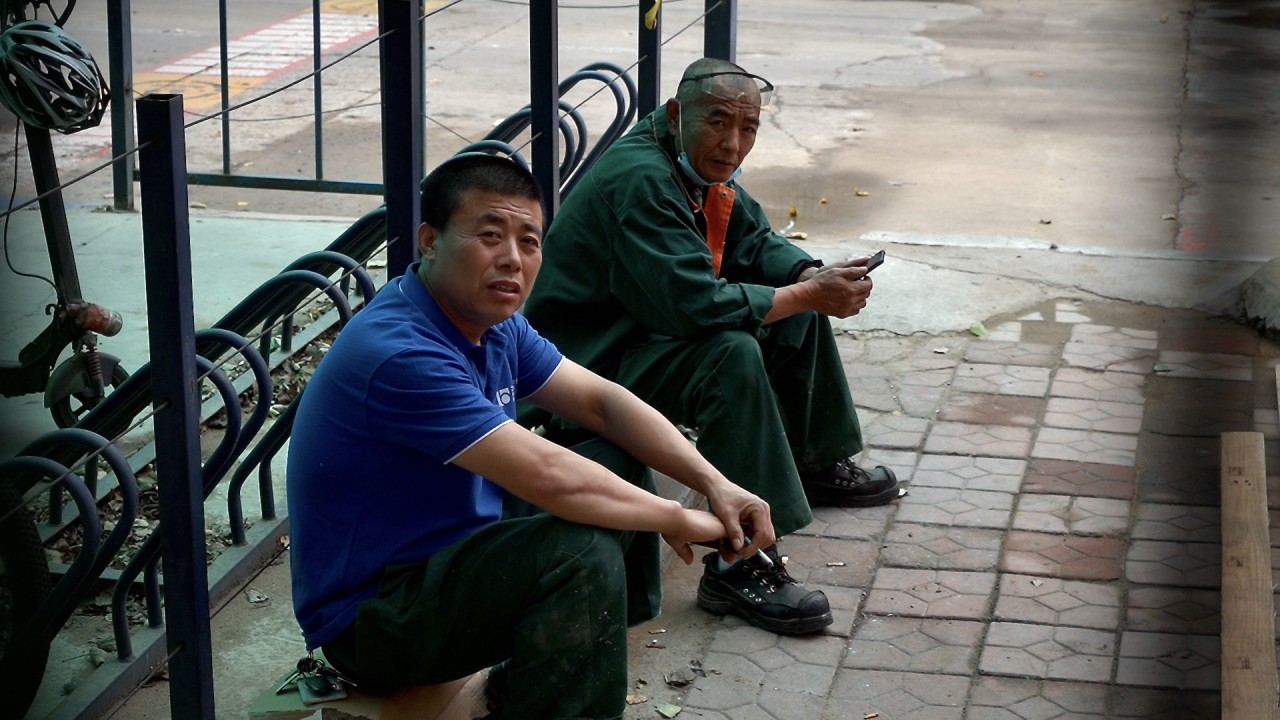
China must ease small firms’ tax burden amid ‘downward pressure’ on the economy, says Premier Li Keqiang
- Premier Li Keqiang says new policies are needed to offset the difficulties facing market entities, particularly small firms
- Vice-Premier Han Zheng in a speech reiterated local authorities must shore up energy supply this winter and spring
“The current economy is facing new downward pressure, and more than 100 million market players are the source of confidence and resilience to stabilise economic fundamentals,” Li said during a meeting on Tuesday with China’s top market regulator, the State Administration for Market Regulation.
“It is necessary to formulate new combined tax and fee reduction policies in response to the difficulties of market entities, especially small, medium and microenterprises and individual proprietorships, and continue to guide financial institutions to make reasonable profit transfers to the real economy.”
Li did not elaborate on the new challenges facing businesses, but in the past Chinese officials have used “downward pressure” as a byword for a slowing economy.

04:01
Chinese manufacturing thrown into disarray as country's electricity crisis rolls on
While rapid growth in the first half can partially be attributed to the low base of last year, when the country was hit by the initial shock of the Covid-19 outbreak, the slowdown in the last quarter has come at the hands of a host of new challenges.
China’s SMEs, which account for 80 per cent of urban employment in the country, have also been struggling with lockdowns, high raw material prices and soaring freight costs. Some of them have found production is no longer economically viable.
Elsewhere on Tuesday, another key member of China’s leadership, Vice-Premier Han Zheng, reiterated the need for local authorities to shore up energy supply this winter and spring.
Power rationing has disrupted production across the country since September, ratcheting up pressure on the economy, and forcing some smaller businesses to slash outputs and jobs
He said the government would “strengthen the regulation of coal prices” and “and accelerate the study of market-based price” mechanisms.
Li said the central government would also help boost activity in the industrial economy.

